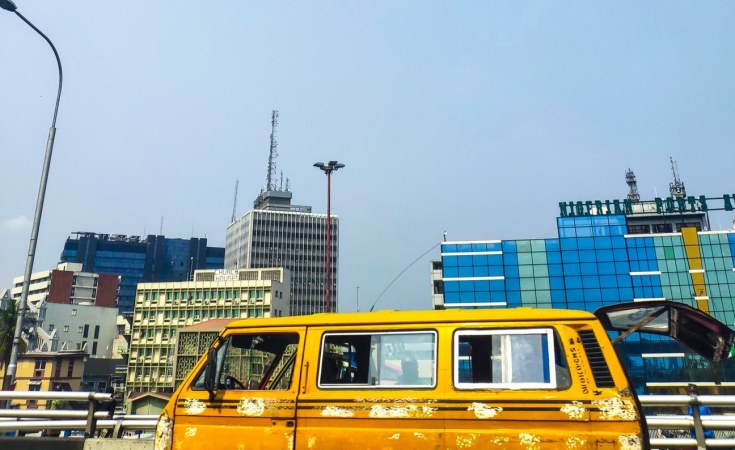The IMF said global headline inflation is expected to steadily decline from its peak of 8.7 per cent in 2022 (annual average) to 6.9 per cent in 2023
Nigeria's economic growth is projected to decline from 3.3 per cent in 2022 to 2.9 per cent in 2023, the International Monetary Fund (IMF) has said.
The Washington-based lender made this known in its "World Economic Outlook: Navigating Global Divergences" released on Tuesday.
The IMF also projected that the country's economy would grow at 3.1 per cent in 2024, with the negative effects of high inflation on consumption taking hold.
"The forecast for 2023 is revised downward by 0.3 percentage point, reflecting weaker oil and gas production than expected, partially as a result of maintenance work," the report said.
The IMF said global headline inflation is expected to steadily decline from its peak of 8.7 per cent in 2022 (annual average) to 6.9 per cent in 2023 and 5.8 per cent in 2024.
It said the forecast for 2024 is revised upward by 0.6 percentage points, reflecting higher-than-expected core inflation.
"On a year-over-year basis, projected global headline inflation peaked at 9.5 per cent in the third quarter of 2022 and is projected to reach 5.9 per cent by the fourth quarter of 2023 before falling to 4.8 per cent in the fourth quarter of 2024, still above the pre-pandemic (2017-19) annual average of about 3.5 per cent," the report said.
Although the IMF said monetary tightening is starting to bear fruit, a central driver of the fall in headline inflation projected for 2023 is declining international commodity prices.
It added that nearly three-quarters of economies are expected to see lower headline inflation in 2023, but the pace of disinflation is especially pronounced for advanced economies.
These economies, the IMF said, are expected to see (annual average) inflation fall by 2.7 percentage points in 2023, about double the (1.3 percentage point) decline projected for emerging markets and developing economies.
It explained that part of this difference reflects advanced economies' benefiting from stronger monetary policy frameworks and communications, which facilitate disinflation, but the difference also reflects lower exposure to shocks to commodity prices and exchange rates.
In low-income developing countries, the IMF said inflation is on average projected to be in double digits and is not expected to fall until 2024.
"There are also large differences in the expected pace of change in headline inflation across major economies, reflecting different starting points. The euro area is expected to see an especially sharp fall in (year-over-year) inflation in 2023 of 6.6 percentage points from 9.9 per cent in the fourth quarter of 2022 to 3.3 per cent in the fourth quarter of 2023, with the fall reflecting in part the decrease in energy prices," it said.
Background
The IMF had in April retained its growth forecast for the Nigerian economy in 2023 at 3.2 per cent.
The IMF said tentative signs in early 2023 that the world economy could achieve a soft landing with inflation coming down amid steady growth have receded due to stubbornly high inflation and recent financial sector turmoil.
President Bola Tinubu on 29 May during his inauguration, announced the removal of subsidy on petrol. This development has caused hardship for many Nigerians with its attendant increase in the prices of goods and services.
Apart from the removal of subsidy, the Central Bank of Nigeria (CBN) also announced the unification of all segments of the forex exchange (FX) market as part of efforts to engender transparency in the markets and boost investors' confidence.
The policy has been widely applauded as well-intentioned and necessary but it has put additional pressure on the local currency and manufacturers, with ripple effects on prices.
Inflation has remained high in Africa's largest economy, prompting the apex bank to hike interest rates to their highest levels in nearly two decades.
In July, the CBN raised its benchmark lending rate to 18.75 per cent.
The bank said, "hiking the interest rate has made a lot of difference in moderating the rate of inflation".
It noted that the option to continue the hike in the policy rate, albeit moderately, also presented a strong alternative premised on the expected liquidity injections into the economy from the recent efforts to unify the nation's foreign exchange markets.
Also, the country has in recent years faced severe revenue problems, pipeline vandalism and crude oil theft in its oil-producing region.


